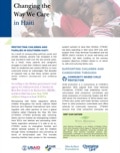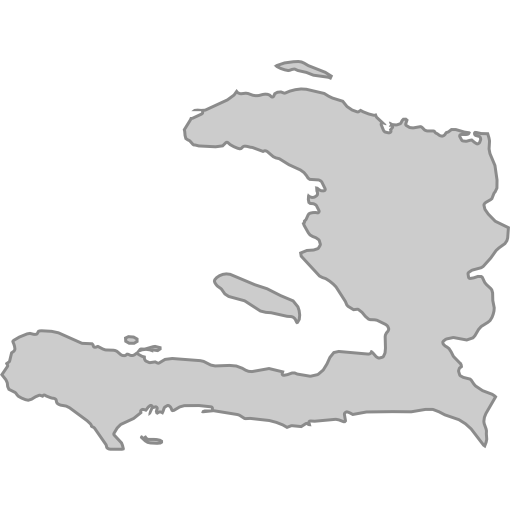Led by Catholic Relief Services, Maestral International and several partners around the world, Changing The Way We Care℠ (CTWWC) promotes safe, nurturing, family care for children—those reintegrating from residential care centers or those at risk of child-family separation. CTWWC works to strengthen families and reform national systems of care for children through family reunification and reintegration and the development of alternative family-based care. The approach promotes family strengthening by demonstrating what works to keep families together. This includes ensuring families have the necessary support systems required to raise their children and advocating about the importance of keeping their families strong and together, including during emergency situations.
The four areas of our work are:
1. Community-based Child Protection
With support from Vista Hermosa Foundation, CTWWC Haiti establishes and trains community-based child protection committees and raises awareness of community leaders and RCC staff about the importance of family care. Foster families participating in the program, so as to prevent children from going into RCCs, are also linked up to child protection committees and given referrals to community support services. CTWWC’s work also ensures that child protection is integrated into the broader CRS education programs, both in the south and other areas of the country.
2. Family Strengthening
Preventing child-family separation and ensuring children are protected often requires strengthening the family. In Haiti CTWWC’s approach includes implementing a positive parenting curriculum with vulnerable families. This includes offering training for those families with children living with disabilities, as their care requires specific resources for which caregivers may not be fully equipped. The CTWWC approach helps case workers work with families to map out services and obtain referrals for these services. Because child-family separation is often exacerbated by poverty in a household, CTWWC Haiti provides families with training and support to improve household income generation and savings practices.
3. Case Management
Because CTWWC’s’s ultimate goal is the successful and permanent reunification of children with their families, direct work with individual families, children and youth is essential, in addition to community-level activities. Conducting case management supports children and families who are in the process of reintegrating, families at risk of separation and young adults who are in the process of leaving RCCs (known as care-leavers) to live independently.
CTWWC also works with RCCs to identify and assess children’s situations, and to trace and assess their biological families. The team creates a reunification plan for each child and family. The reunification plan involves counseling and support groups for family members and children. Project staff assess families at risk of separation to create an appropriate, supportive action plan. Care leavers receive life-skills and vocational training so that they are equipped with the skills they need to live productively and safely on their own. Project staff conduct follow-up visits with families and young people supported by CTWWC for a minimum of 18 months.
4. Faciliating RCCs’ Transition to Family Services
CTWWC also identifies RCCs ready to change their model to family and community-based services, instead of providing residential care. In addition to using case management to reunify children with their families, CTWWC helps RCCs to develop transition or closure plans for their facilities and create customized business plans for the new services they will offer. The CTWWC team assesses the RCC’s capacity and infrastructure. Because care reform requires a paradigm shift, the project also facilitates events for RCCs to share learning about reintegration and transitioning away from residential care with other RCCs.




